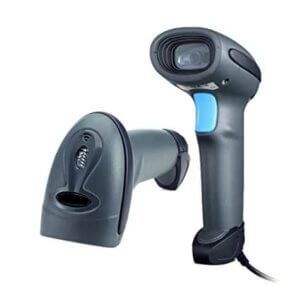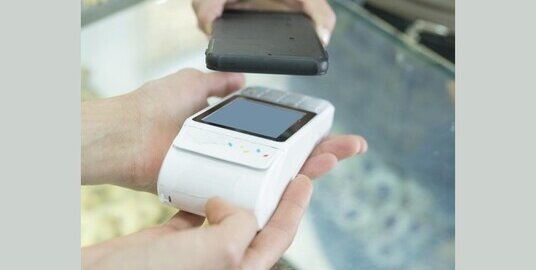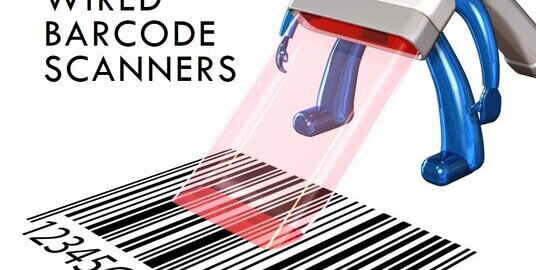
Barcode scanners have become an integral part of modern-day businesses, particularly in retail and logistics industries. With the ability to read barcodes and transmit information quickly and accurately, barcode scanners have revolutionized the way businesses operate, enabling them to streamline processes, increase efficiency, and reduce errors. As per the recent report by MarketWatch, the barcode scanner market is expected to grow at a significant pace over the next few years, driven by the increasing adoption of automation and digitalization in various industries.

According to the report, the barcode scanner market is expected to grow from USD 3.4 billion in 2020 to USD 4.7 billion by 2027, at a CAGR of 4.6% during the forecast period. The report highlights the key factors driving the growth of the barcode scanner market, such as the increasing demand for barcode scanners in retail, healthcare, and logistics industries, the need for improving efficiency and reducing errors, and the rising trend of automation and digitalization.
The retail industry has been one of the major users of barcode scanners, with retailers using them for tracking inventory, managing stock levels, and speeding up checkout times. The report predicts that the retail segment will continue to dominate the barcode scanner market, owing to the increasing number of retail stores and the rising demand for real-time inventory management.
Apart from retail, the healthcare industry is also expected to witness significant growth in the barcode scanner market, primarily due to the increasing adoption of electronic health records (EHRs) and the need for accurate and timely medication administration. Barcode scanners are used in hospitals and clinics for tracking patient information, medication, and medical equipment, enabling healthcare professionals to deliver better patient care.
Logistics and transportation is another industry that has been adopting barcode scanners at a rapid pace, with companies using them for tracking shipments, managing inventory, and improving supply chain visibility. The report predicts that the logistics and transportation segment will witness significant growth in the barcode scanner market, owing to the increasing demand for real-time tracking and visibility of goods.
In terms of technology, the report highlights the growing popularity of 2D barcode scanners, which offer higher accuracy and faster scanning speeds than traditional 1D barcode scanners. 2D barcode scanners can read both linear and 2D barcodes, making them ideal for a wide range of applications, from retail to healthcare to logistics. The report also highlights the growing demand for wireless barcode scanners, which offer greater flexibility and mobility, enabling users to scan barcodes from a distance.
All About Barcode Printers
A Beginner’s Guide to RFID Technology: Everything You Need to Know
The Future Of POS Machines In 2023








